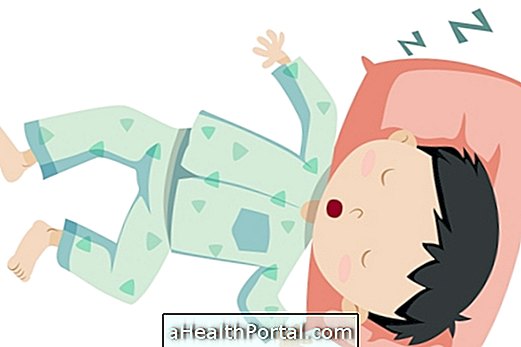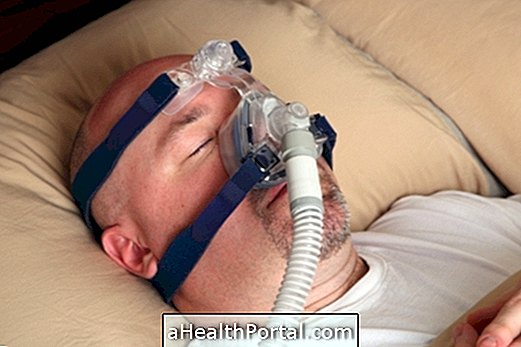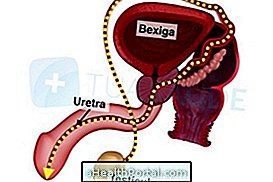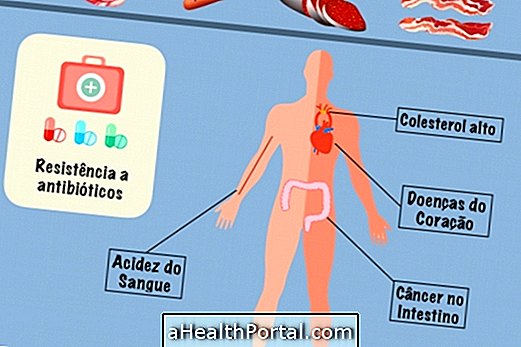Narcolepsy is a sleep disorder manifested by excessive daytime drowsiness that makes the person sleep soundly at any time, including during a conversation or even stopped in the middle of traffic.
The causes of narcolepsy are related to the loss of neurons in a region of the brain called the hypothalamus, which produce a substance called hypocretin, which keeps the individuals awake. With the death of these neurons there is little or no production of hypocretin and, therefore, individuals fall asleep easily. Some activities that cause insomnia, such as inappropriate work schedules, can worsen narcolepsy.
Narcolepsy has a cure and treatment is done with drugs that stimulate the nervous system, keeping people awake.

Symptoms of narcolepsy
Symptoms of narcolepsy may include:
- Periods of intense sleep during the day;
- Muscle weakness;
- Auditory hallucinations;
- Visions;
- Paralysis of the body upon awakening.
Some individuals, in addition to narcolepsy, also suffer from cataplexy, a problem that causes loss of muscle strength and causes individuals to fall to the ground, conscious but unable to speak or move. Learn more details of Narcolepsy Symptoms.
The diagnosis of narcolepsy is done by evaluating symptoms and tests such as polysomnography and the multiple latency test that study brain activity and sleep episodes.
Treatment of narcolepsy
Treatment of narcolepsy should be indicated by the neurologist and can be done with medicines such as Provigil, Methylphenidate (Ritalin) or Dexedrine, which have the function of stimulating the patients' brains to remain awake.
Some antidepressant medicines, such as Fluoxetine, Sertaline, or Protriptyline, may help reduce episodes of cataplexy or hallucination. The Xyrem remedy may also be prescribed for some patients for evening use.
A natural treatment for narcolepsy is to change your lifestyle and have a healthy diet, avoiding heavy meals, scheduling a nap after meals, avoid ingesting alcohol or other substances that increase sleep.


























